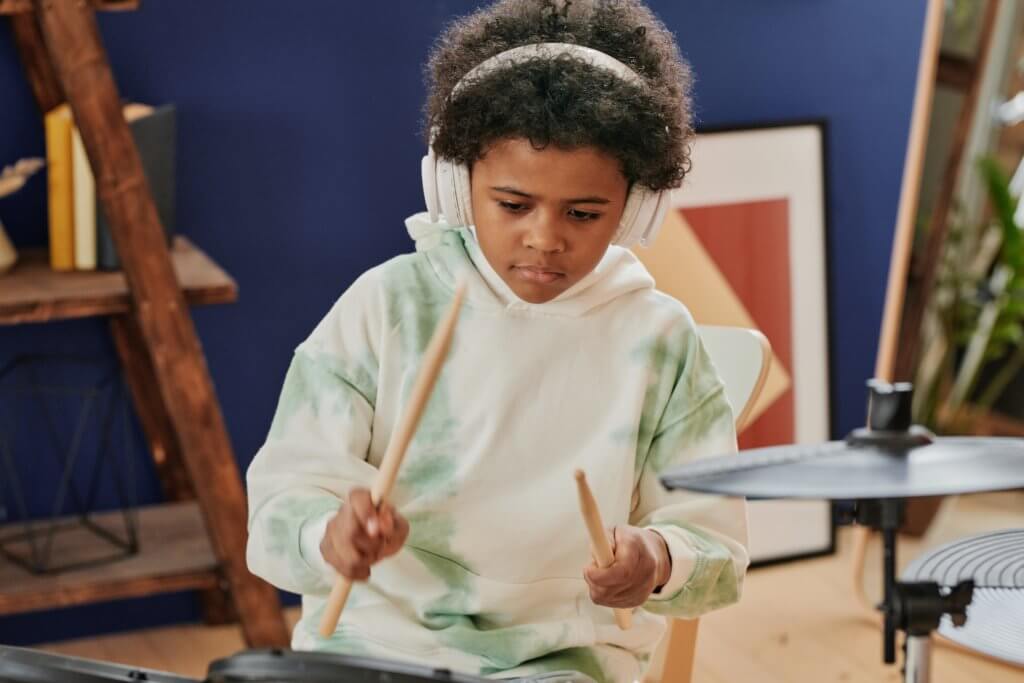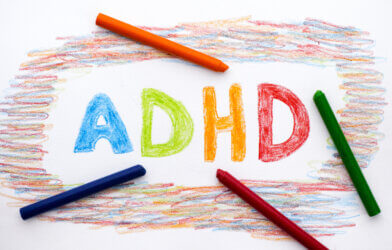Playing an instrument is great for brain health, and a new study finds jamming on the drums holds extra benefits for people with autism. Over an eight-week period, autistic children who drummed for at least 90 minutes every week showed improvements in issues with hyperactivity and inattention.
Scientists say learning the rhythm and tempo of the drums appears to refine brain connections in areas involved in inhibitory control, action-outcome monitoring, and self-regulation.
“These findings provide direct evidence that learning to drum leads to positive changes in brain function and behavior among autistic adolescents. We are now sharing our results with education providers in special and mainstream UK schools who are responsible for the physical and mental development of vulnerable people,” says Marcus Smith, professor of applied sport and exercise science at Chichester University in a statement.
Autism is a lifelong neurodevelopmental condition that often involves poor social skills and narrow interests in certain activities.
The team recruited autistic teenagers and young adults between 16 and 20 who had no drumming experience before the study. Each one received two 45-minute lessons every week for two months. Each volunteer underwent an MRI scan before the first lesson and after all the lessons were done to look at any changes in the brain. During the MRI scans, the researchers interviewed the parents about their child’s behavioral difficulties.
People who showed an improvement in their drumming skills showed a reduction in behaviors involving hyperactivity, inattention, and repetitive behavior. They also showed more control over their emotions over the course of the study.
The MRI scans revealed neurological changes in autistic children who showed an improvement in drumming. They suggest these changes are related to their changes in behavior.
“Over a number of years we have been made aware of cases of drumming benefitting individuals with autism spectrum disorder, or ASD, and have subsequently worked with a number of individuals, schools and projects where we have seen first-hand the effects,” explains Steve Draper, academic dean at Hartpury University and coauthor of the study.
One of the brain changes that occurred in the prefrontal cortex, which is involved in regulating motor impulsivity. In the study, learning to drum helped strengthen the brain connections involved in inhibitory control, preventing impulsivity.
“The paper provides us with the first evidence of neurological adaptations from learning to play the drums, specifically for adolescents with an ASD diagnosis. This study endorses the changes we have measured and the observations of teachers and parents towards improvements to social skills, inhibitory control and attention,” adds Ruth Lowry, a coauthor from the University of Essex.
The study is published in the Proceedings of the National Academy of Sciences.












